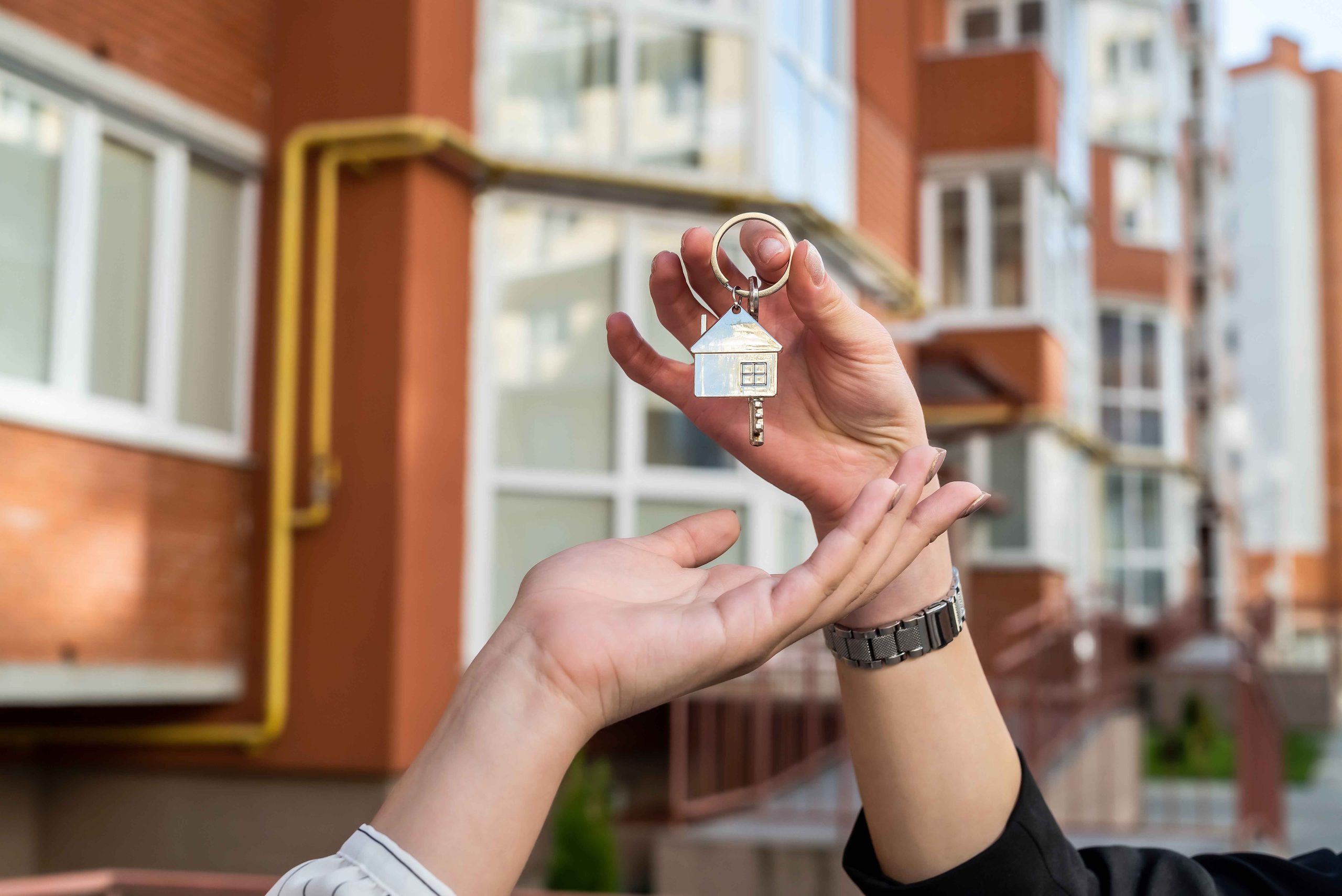Average House Price in Turkey

The average house price in Turkey has been experiencing a steady increase due to a combination of factors including robust economic growth, increasing foreign investment, and a growing population. As of recent data, the average price per square meter for residential properties across Turkey varies significantly depending on the region, with major cities like Istanbul, Ankara, and Izmir commanding higher prices. Coastal areas such as Antalya and Bodrum also see higher averages due to their appeal as prime tourist and retirement destinations. Overall, the Turkish real estate market continues to attract both local and international buyers, contributing to its dynamic and upward-trending housing market.
- Economic Growth: Turkey’s steady economic growth has played a significant role in driving up property prices. As the economy expands, more people can afford to buy homes, increasing demand.
- Foreign Investment: Turkey has seen a surge in foreign investment, particularly from Europe, the Middle East, and Asia. Attractive investment incentives and the allure of Turkish citizenship through property investment have drawn many international buyers.
- Urbanization: With a growing population and increased urbanization, cities like Istanbul, Ankara, and Izmir have seen significant development, pushing up property prices.
- Tourism: Coastal cities and regions with high tourism activity, such as Antalya and Bodrum, experience higher demand for both residential and vacation properties, which boosts prices.
Trends and Future Outlook
Turkey’s real estate market is characterized by its dynamic nature and potential for growth. Several trends are shaping the future of property prices in the country:
- Sustainability: There is a growing demand for eco-friendly and sustainable housing solutions, which could influence future developments and pricing.
- Smart Homes: The adoption of smart home technologies is on the rise, particularly in new developments, potentially leading to higher property values.
- Government Policies: Ongoing government initiatives aimed at boosting the real estate sector, such as favorable tax policies and incentives for foreign buyers, are likely to sustain interest and investment.
- Research: Thoroughly research the area you’re interested in, considering factors like local amenities, transport links, and future development plans.
- Budget: Determine your budget, keeping in mind additional costs such as taxes, legal fees, and maintenance.
- Legal Advice: Seek legal advice to navigate the buying process and ensure all transactions are compliant with Turkish property laws.
- Visit: If possible, visit the properties and regions you’re considering to get a firsthand understanding of the market.

As of 2024, the cost to buy a house in Turkey varies depending on several factors such as location, property type, size, and amenities. Here’s a general overview based on popular regions:
- Istanbul: Prices in Istanbul range widely based on neighborhood and property type. In central areas and upscale neighborhoods like Bebek, Etiler, and Nişantaşı, prices can range from 10,000 to 25,000 TRY per square meter ($1,200 to $3,000 USD). Prices can be higher for luxury properties with sea views or historical significance.
- Ankara: The capital city offers more affordable options compared to Istanbul. Prices typically range from 5,000 to 12,000 TRY per square meter ($600 to $1,500 USD), depending on location and property features.
- Izmir: Known for its coastal charm and lifestyle, Izmir’s property prices range from 7,000 to 15,000 TRY per square meter ($850 to $1,800 USD). Popular areas like Alsancak and Karşıyaka may have higher prices due to demand and amenities.
- Antalya: As a major tourist destination, Antalya offers a mix of properties with prices ranging from 8,000 to 20,000 TRY per square meter ($1,000 to $2,500 USD). Coastal areas and city center locations are more expensive.
- Bodrum: A favorite among foreign buyers, Bodrum’s property prices can vary significantly. Prices range from 10,000 to 30,000 TRY per square meter ($1,200 to $3,600 USD), particularly in upscale areas like Yalikavak and Turkbuku.
These prices are approximate and can fluctuate based on market conditions, property condition, and specific negotiations. It’s essential for potential buyers to conduct thorough research, consider additional costs such as legal fees and taxes, and work with a reputable real estate agent or lawyer familiar with local regulations to navigate the buying process smoothly.
The price of a house in Turkish lira (TRY) varies widely depending on the location, size, and type of property. In major cities like Istanbul, Ankara, and Izmir, house prices typically range from several hundred thousand TRY to several million TRY, depending on factors such as neighborhood prestige and property amenities. For instance, in Istanbul, a modest apartment might start at around 900,000 TRY, while luxury villas in prime locations can exceed several million TRY. In more affordable regions or smaller towns, house prices can be significantly lower, making homeownership accessible to a broader range of budgets. It’s important for prospective buyers to consider additional costs such as taxes, legal fees, and maintenance expenses when budgeting for a property purchase in Turkey.

Deciding whether it’s worth buying a house in Turkey depends on several factors that can make the investment appealing for different reasons. Turkey offers a diverse range of properties at relatively affordable prices compared to many European countries, making it attractive for those seeking a second home, retirement destination, or investment opportunity. The country’s strategic location as a bridge between Europe and Asia enhances its economic prospects and connectivity, bolstered by a growing tourism industry in cities like Istanbul, Antalya, and Bodrum. Additionally, favorable government incentives for foreign buyers, such as citizenship through investment programs and tax benefits, further sweeten the deal. However, potential investors should consider factors like currency fluctuations, local market conditions, and legal complexities before making a decision. With careful research and guidance from local experts, buying a house in Turkey can indeed be a worthwhile endeavor, offering both financial potential and a vibrant lifestyle in a culturally rich environment.
- Affordable Property Prices: Compared to many European countries, property prices in Turkey are relatively affordable, offering a range of options to suit different budgets.
- Strategic Location: Turkey’s geographical position makes it a gateway between East and West, fostering economic growth and international connectivity.
- Booming Tourism: Popular tourist destinations like Istanbul, Antalya, and Bodrum attract millions of visitors annually, offering potential rental income for property owners.
- Cultural Richness: From ancient landmarks to vibrant markets and culinary delights, Turkey offers a rich cultural experience that appeals to residents and tourists alike.
- Investment Incentives: The Turkish government offers various incentives for foreign property buyers, including citizenship through investment programs and favorable tax policies.
- Residency Opportunities: Purchasing property in Turkey can qualify you for a Turkish residence permit, providing a gateway to live and travel within the country and nearby regions.
- Currency Volatility: The Turkish lira (TRY) has experienced fluctuations in recent years, which can impact the value of your investment if you’re buying with a different currency.
- Legal and Regulatory Complexity: Navigating Turkish property laws and regulations, especially for foreign buyers, can be complex. It’s crucial to work with a knowledgeable local lawyer or real estate agent.
- Market Risks: Like any real estate market, Turkey’s property market is subject to economic shifts, geopolitical factors, and local market conditions that can affect property values.
- Infrastructure Development: While major cities like Istanbul have modern infrastructure, some rural or less-developed areas may have limited amenities and services.
- Resale Potential: Depending on market conditions and location, resale potential can vary. It’s essential to research the market trends and demand in your chosen area.

